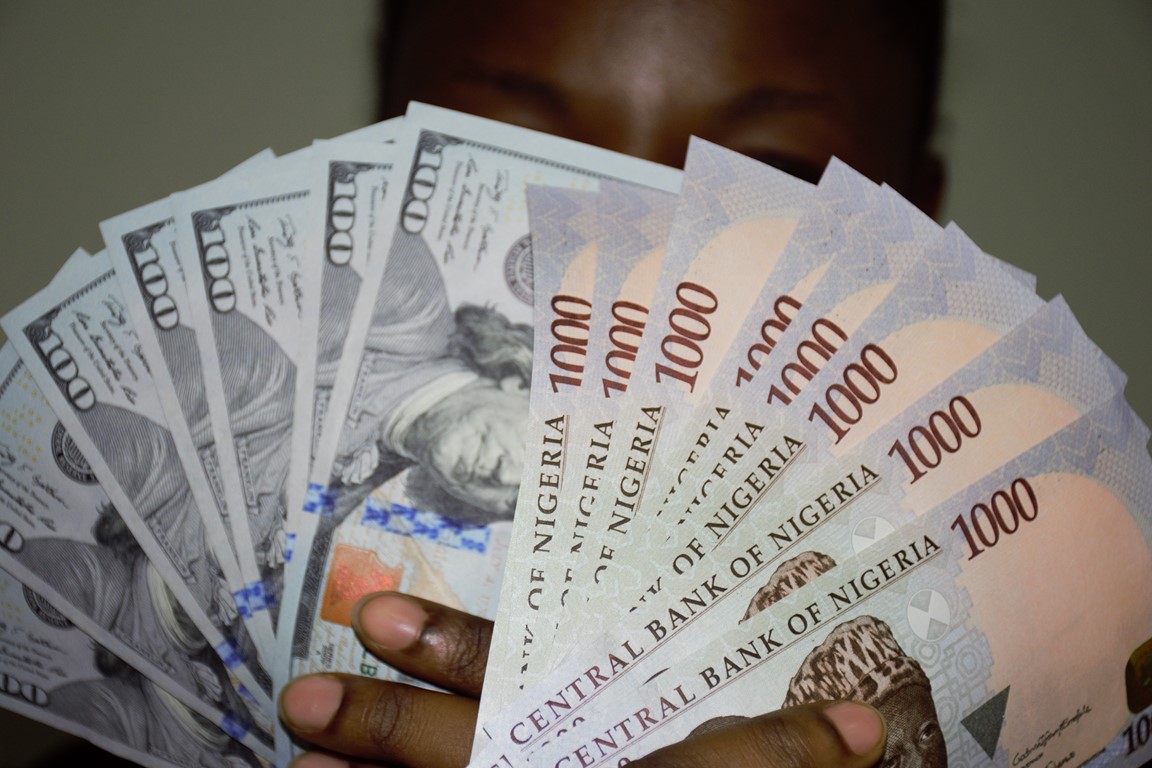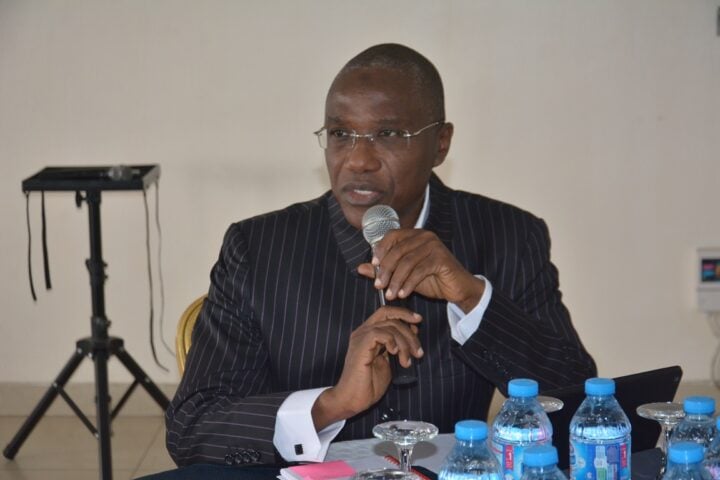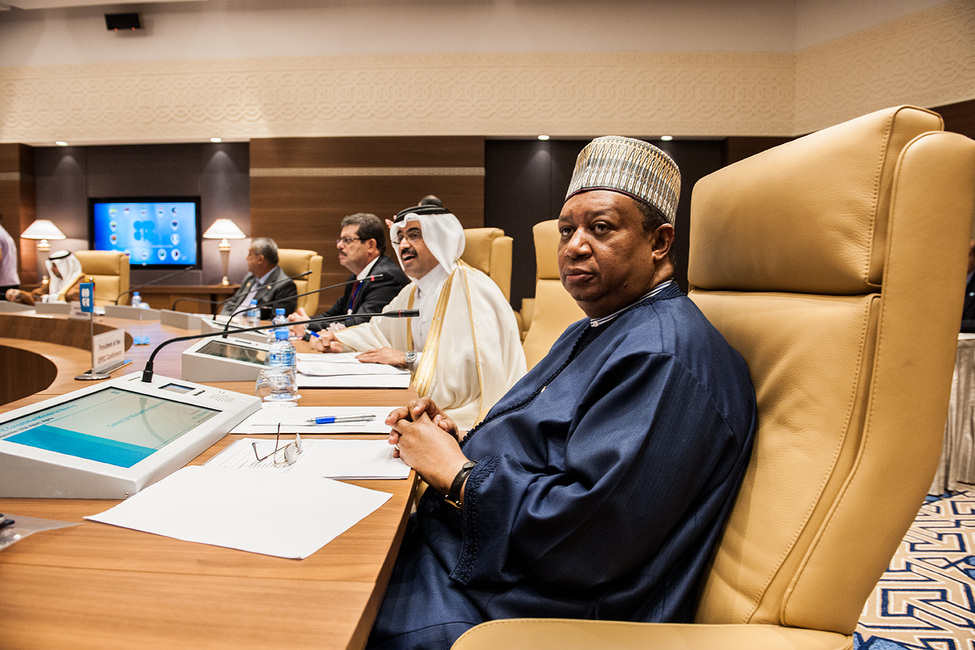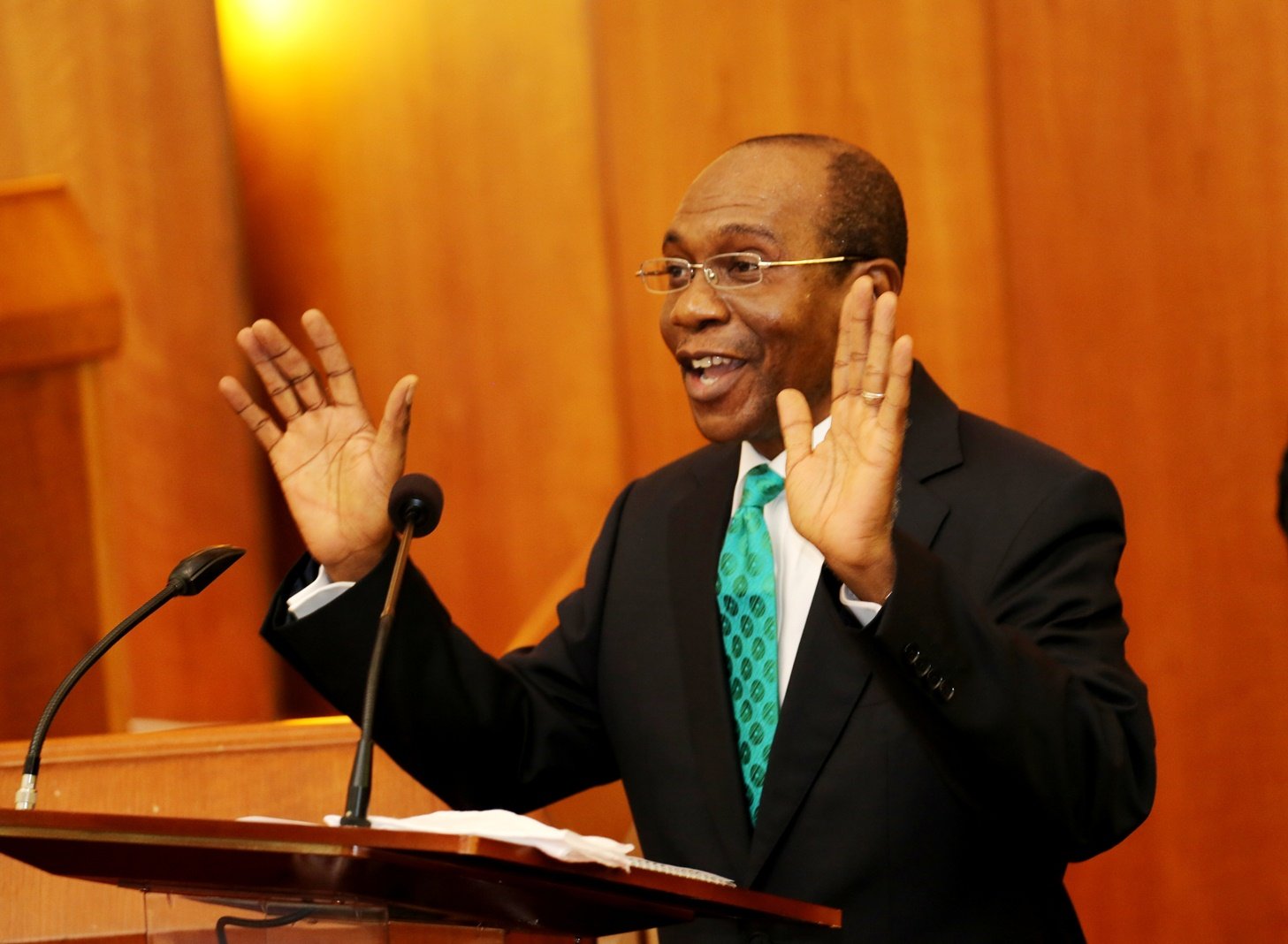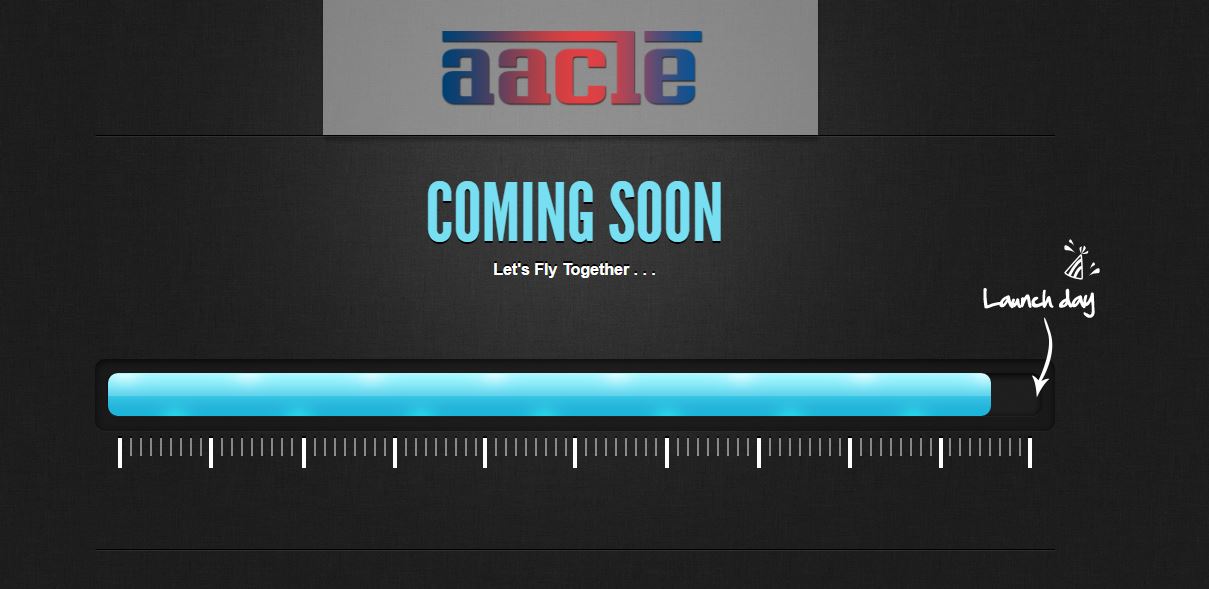Investor’s sentiment towards the largest economy in Africa was dealt a sharp blow in November following its disappointing third quarter GDP figure of -2.24% which intensified fears of decelerating growth.
The prolonged period of depressed oil prices has left Nigeria vulnerable in 2016 while falling production from the ongoing militancy continues to sabotage the nation’s effort to maintaining some stability.
A resurgent Dollar from the heightened US rate hike expectations has added insult to injury with the Naira exposed to losses as bears install repeated rounds of selling. With domestic data such as inflation and unemployment hovering around worrying levels in the midst of slowing growth, concerns have mounted over a classic case of stagflation.
This poisonous cocktail of falling oil prices, disruptions in production and Dollar strength has injured Nigeria this year with the CBN under intense pressure to revive economic growth. It is becoming increasingly clear that the nation remains exposed to external risks in the shorter term and understanding these risks could be the first steps to retaining some economic security.
Advertisement
Nigeria’s horrible sickness has been identified as oil reliance but the cure which is diversification is a medicine that is effective in the long term. Although the ongoing talks of investment in agriculture, manufacturing, marine time and tourisms have the potential to elevate the nation, this is on the basis that infrastructure is reinforced. While the longer-term outlook for Nigeria is unquestionably encouraging, much focus must be directed to the short-term developments as it’s these short-term steps that pave a clear path to the longer-term perspective.
It must be kept in mind that oil price volatility has punished Nigeria for the most part of this year consequently pressuring the Central Bank of Nigeria to take action. With over 90% of export revenues and 70% of government revenues from oil which currently trades at $46, the nation remains vulnerable to external risks. When factoring the 22% drop in production this year amid the ongoing militancy in the South, it can be understood why there were three consecutive quarters of contraction.
The terrible combination of foreign exchange scarcity and Dollars resurgence has thoroughly punished the Naira with prices trading around 465 on the black market exchange. Sentiment if firmly bearish towards the Naira in the short term with steeper depreciations expected as concerns over the Nigerian economy entices sellers to attack incessantly. If Dollar strength remains a dominant theme this year and the Federal Reserve raising US rates in December, then the Naira may depreciate towards 500 against the Dollar in the medium term.
Advertisement
A strong feeling of disappointment continues to linger across the Nigerian markets after the rejection of the government spending plans for the next three years. The budget was meant to boost the ailing economy but lawmakers rejected it based on the lack of detail which simply added to the short term uncertainty. The unanswered questions over the direction of the Nigerian economy coupled with falling oil have sparked a wave of risk aversion which triggered sharp selloffs in Nigerian Stock Exchange (NSE).
With economic growth in Nigeria potentially contracting further in the fourth quarter, the Central Bank of Nigeria may be forced to implement both monetary and fiscal measures in an effort to pump some life back into the nation. A tightening of monetary policy that involves the CBN raising interest rates to 15% may quell the nation’s rampant inflation which currently stands at 18.3%.
The downside to higher rates is it diminishes investments and consumer spending and such could negatively impact Nigeria even further. On the fiscal side, an increase in direct taxes could lead to a reduction in disposable income which may result in a drop in inflation. Although the fiscal side has the ability to quell inflation, a major setback could be a decline in demand and output that may pressure employment and economic growth. With both fiscal and monetary measures potentially doing more damage than good in the short term, the CBN may observe the developments of the Nigerian economy further before potentially taking action in the New Year.
2016 has been a very rough, painful and historic year for Nigeria which may experience its first full year contraction in more than two decades. While the short-term outlook remains somewhat depressing, it should be kept in mind that the shock of falling oil has sparked a structural transition that could elevate the nation to awe-inspiring levels in the longer term. The largest economy in Africa must work hard to reinforce its infrastructure which may give rise to agriculture, tourism and even manufacturing which are all supportive of economic growth. The pieces of this complicated jigsaw puzzle to fixing Nigeria are slowing coming together with time acting as the final ingredient.
Advertisement
Add a comment

